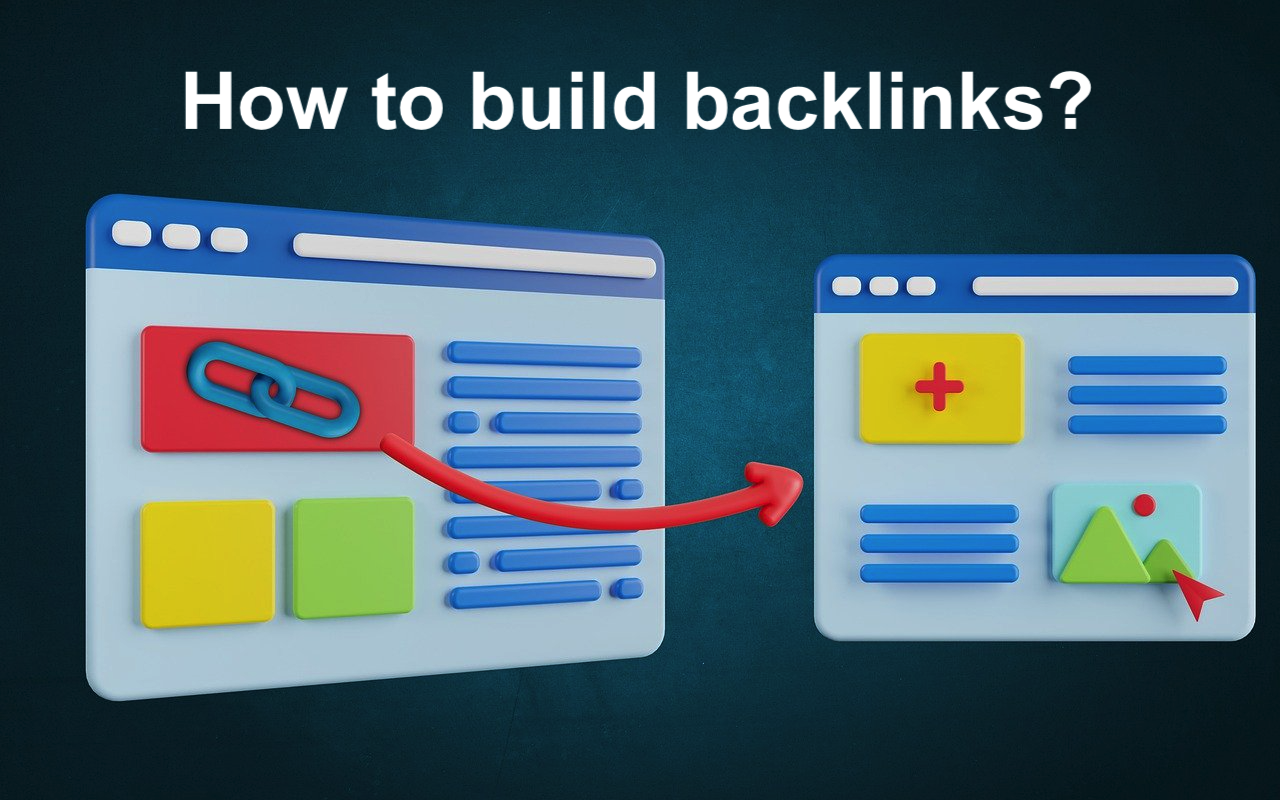
Link-building is a cornerstone of any successful SEO strategy, helping websites build authority, improve search rankings, and drive organic traffic. However, not all link-building campaigns go as planned. If you’ve been putting in time, effort, and resources into link-building without seeing results, it can be frustrating and disheartening. Don’t worry—there are steps you can take to identify and address the root causes of your challenges. Here’s a guide to help you get your link-building strategy back on track.
1. Reassess Your Strategy
The first step in troubleshooting a failing link-building campaign is to revisit your strategy. Are you targeting the right audience and websites? Are your efforts aligned with your business goals?
- Identify Your Goals: Clearly define what you want to achieve. Are you looking for brand exposure, increased traffic, or improved rankings for specific keywords? A lack of clear goals can dilute your efforts.
- Audit Your Link Targets: Review the websites you’ve been reaching out to. Are they authoritative and relevant to your niche? Links from low-quality or irrelevant sites may not yield the desired results.
2. Improve Content Quality
One of the most common reasons link-building campaigns fail is low-quality content. If your content isn’t engaging, informative, or unique, website owners are unlikely to link to it.
- Create Link-Worthy Content: Focus on producing high-value content, such as how-to guides, in-depth research, or original data. These types of content are more likely to attract natural backlinks.
- Use Visual Assets: Infographics, videos, and custom illustrations can make your content more shareable and appealing, increasing the likelihood of earning backlinks.
3. Analyze Your Outreach Process
Effective outreach is critical for link-building success. If you’re not getting responses or link placements, your outreach strategy may need improvement.
- Personalize Your Emails: Avoid generic templates. Tailor your messages to each recipient, demonstrating that you’ve researched their website and explaining how your content can provide value.
- Follow Up: Many website owners overlook initial outreach emails. A polite follow-up can remind them of your request and increase your chances of success.
- Review Your Target List: Ensure the sites you’re contacting are active, relevant, and likely to engage with your content. Outdated or inactive sites won’t be helpful for link-building.
4. Check Your Backlink Profile
Sometimes, your existing backlink profile can hinder your progress. Low-quality or toxic backlinks can damage your domain authority and search rankings, making your current efforts less effective.
- Use SEO Tools: Platforms like Ahrefs, SEMrush, or Google Search Console can help you analyze your backlink profile and identify toxic links.
- Disavow Harmful Links: If you find spammy or irrelevant backlinks, use Disavow Tool to prevent them from impacting your site’s performance. You may also use Google Search Console to disavow links to your site.
- Monitor Anchor Text: Ensure your backlinks use varied and natural anchor text to avoid being flagged as manipulative by search engines.
5. Experiment with Different Techniques
If your current tactics aren’t working, it may be time to try new approaches to link-building.
- Guest Blogging: Guest blogging high-quality articles for reputable websites in your niche is a proven way to earn backlinks and build relationships.
- Leverage Resource Pages: Many websites maintain resource pages where they link to valuable content. Reach out and suggest your content for inclusion.
- Broken Link Building: Use tools to find broken links on relevant websites, then offer your content as a replacement.
6. Invest in Paid Options
While organic link-building is ideal, sometimes investing in paid strategies can provide the boost you need.
- Backlink Packages: If you’re short on time and resources, investing in backlink packages from trusted providers can be an effective way to build legitimate backlinks. Ensure you select providers who deliver high-quality, niche-relevant links from authoritative and credible sites.
- Sponsored Content: Collaborate with influencers or websites in your industry for sponsored posts that include backlinks to your site.
7. Analyze and Adapt
Regularly evaluate your link-building efforts to identify what works and what doesn’t. Data-driven decisions can save you time and resources in the long run.
- Track Results: Use tools like Google Analytics to measure the traffic and rankings associated with your backlinks.
- A/B Test Strategies: Experiment with different outreach methods, content formats, and target websites to see which approaches deliver the best results.
- Adjust Your Approach: If a strategy isn’t working, don’t be afraid to pivot. Link-building is dynamic, and staying adaptable is essential.
8. Seek Professional Help
If your efforts aren’t yielding results despite your best efforts, it may be time to consult with an SEO expert or agency.
- Hire a Specialist: A professional link-building service can help you craft a targeted strategy and secure high-quality backlinks.
- Avoid Shortcuts: Be wary of services that promise quick results or use black-hat techniques. These can lead to penalties that harm your site’s long-term success.
Final Thoughts
Link-building is a challenging but rewarding process that requires persistence, creativity, and adaptability. When your link-building efforts aren’t working, take the time to identify what’s going wrong and implement changes to improve your results. Whether it’s refining your content, experimenting with new strategies, or choosing to buy backlink packages for an added boost, there’s always a way to get back on track. With the right approach, your link-building efforts can become a powerful driver of growth for your website.
Share this post
Leave a comment
All comments are moderated. Spammy and bot submitted comments are deleted. Please submit the comments that are helpful to others, and we'll approve your comments. A comment that includes outbound link will only be approved if the content is relevant to the topic, and has some value to our readers.

Comments (0)
No comment